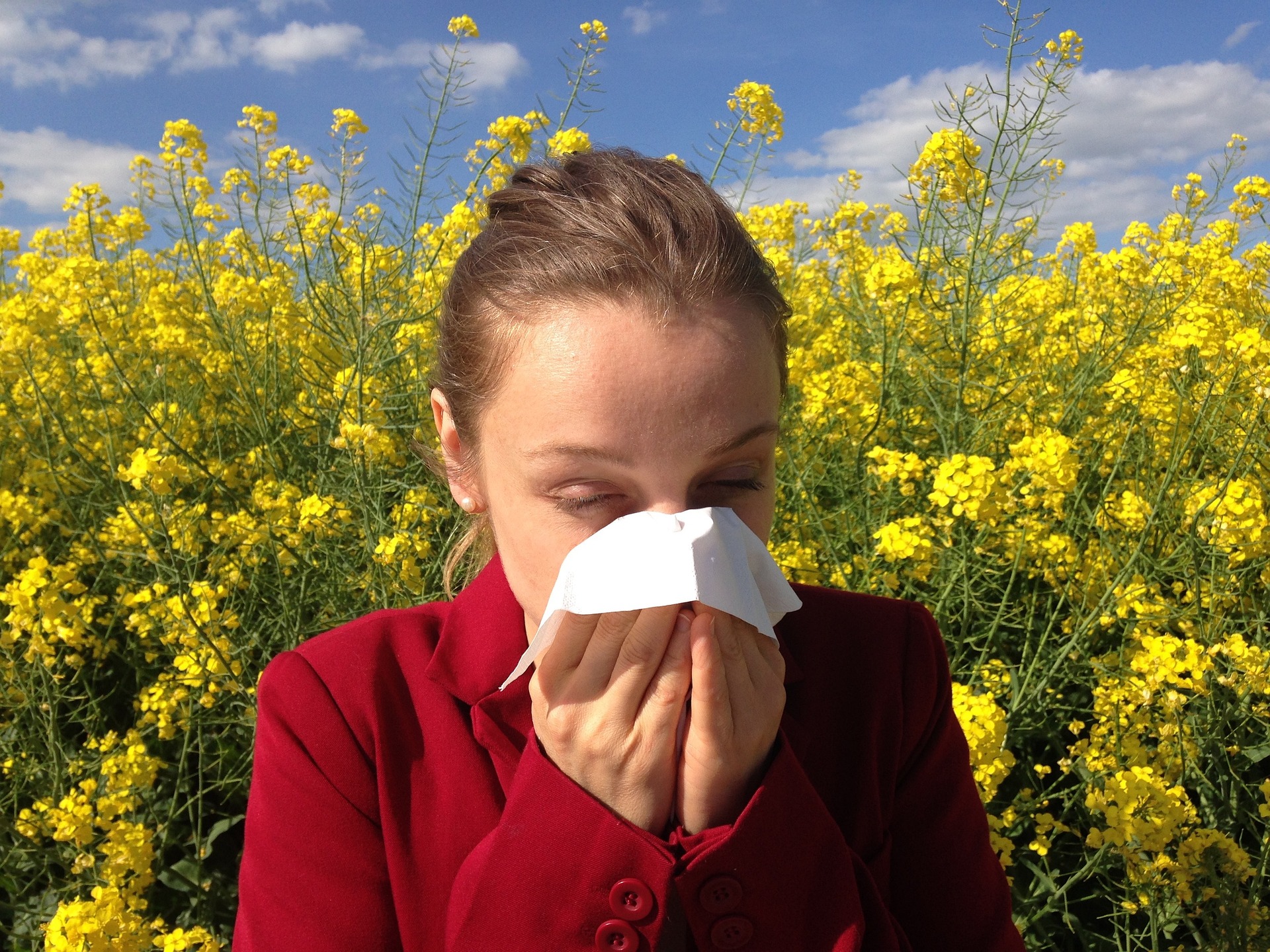Do you suffer from allergies? Do you dread the arrival of spring and summer because of the runny nose, itchy eyes, and constant sneezing? Well, you’re not alone. Millions of people worldwide suffer from allergies, and the good news is that natural remedies can help alleviate your symptoms without relying on prescription or over-the-counter drugs.
One such remedy is herbal medicine, which has been used for centuries to treat a variety of ailments. There are a number of natural herbs that are particularly effective for treating allergies. These herbs work in different ways to alleviate symptoms such as congestion and inflammation and can be taken in various forms such as teas, tinctures, or supplements.
So if you’re tired of relying on medication to get you through allergy season or just looking for a natural alternative, keep reading to learn more about the benefits of natural herbs for allergies.
What Causes Allergies?

Allergies are a common response of the immune system to certain substances that it perceives as harmful. Although the substances themselves may be harmless, the immune system still triggers an allergic reaction. But what causes these reactions in the first place?
One of the primary culprits is something known as an allergen. Allergens can be found in almost anything, ranging from pollen, dust, and certain foods to animal dander or insect bites. When at least one allergen enters your body, your immune system overreacts and produces antibodies, which are proteins designed to identify harmful substances.
In the case of an allergy, the body produces an excess of the immunoglobulin E (IgE) antibody specifically designed to counteract the allergen. This excess of IgE antibodies leads to the release of histamine, a chemical that causes the classic allergy symptoms we all know – itching, swelling, and redness.
But apart from allergens, other factors can cause allergies as well. Genetics is one factor that is often overlooked but can play a significant role. Studies have shown that if one or both of your parents have allergies, you’re more likely to develop them as well.
Environmental factors like pollution, cigarette smoke, and others can also contribute to allergies. Exposure to these factors causes inflammation in the nasal passages and lungs, making it easier for allergens to enter and trigger allergic reactions.
Lastly, the hygiene hypothesis also plays a crucial role in developing allergies. This hypothesis suggests that limiting a child’s exposure to germs and bacteria early in life can weaken their immune system, making them more susceptible to allergies in the future.
7 Herbs Good For Allergies
It can be really frustrating to suffer from allergies, but there are plenty of natural remedies that can help alleviate your symptoms. Here is a list of seven herbs that have been proven to be effective in treating allergies:
① Nettle
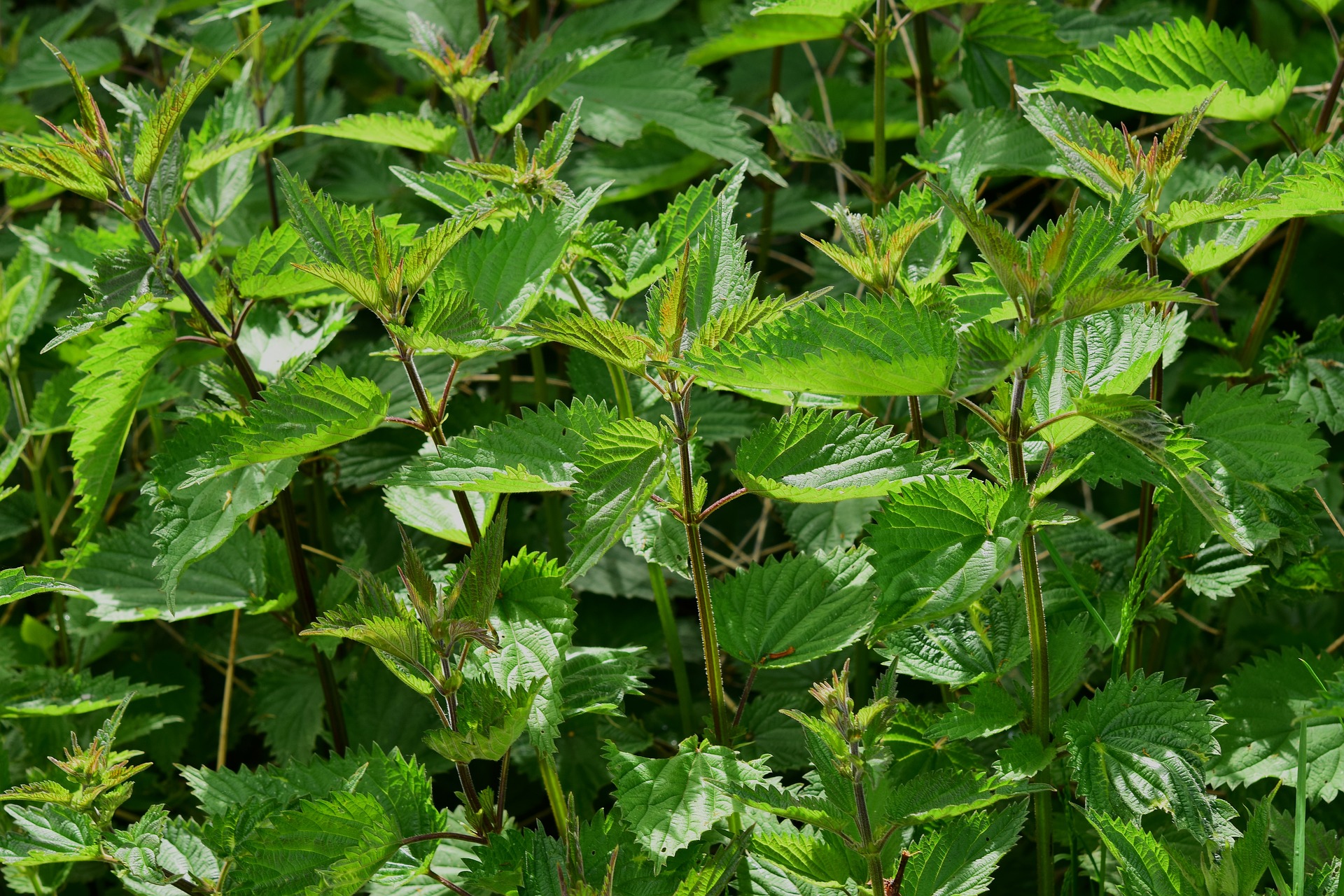
Nettle, also known as Urtica dioica, is a herbaceous plant that grows in many parts of the world. It has been used for centuries as a natural remedy for allergies due to its anti-inflammatory properties.
Nettle works by blocking the body’s production of histamine, which is the chemical that causes allergy symptoms such as sneezing, watery eyes, and a runny nose. It contains various nutrients such as iron, calcium, and vitamin A and vitamin C, which help to reduce inflammation and boost the immune system.
You can use nettle in tea form by steeping dried nettle leaves in hot water for 5-10 minutes or as a supplement in capsule form.
② Butterbur
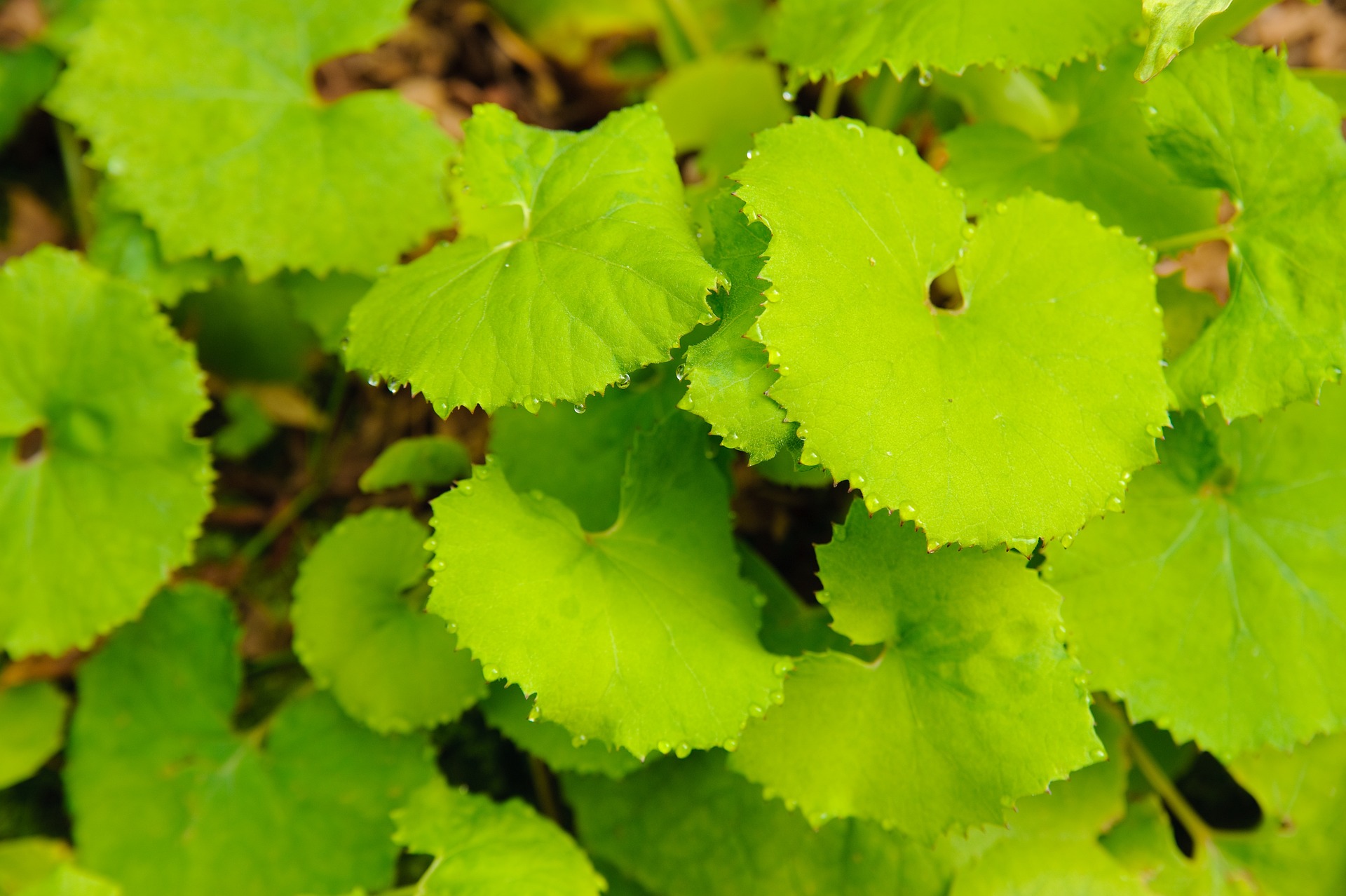
Butterbur is a plant that has been used for centuries in traditional medicine. It’s also known as Petasites and is native to Europe and parts of Asia. This herb’s leaves, roots, and stems have anti-inflammatory properties that can help reduce the body’s response to allergens.
The active compounds in Butterbur block the production of histamine and leukotrienes, which are chemicals released by the body in response to allergens.
So, how can you use Butterbur to help with your respiratory allergies? The most common form of Butterbur is in capsule or tablet form. You can find it at health food stores or online. Raw Butterbur contains chemicals that can cause liver damage. Thus, it’s important to only use products that have had these potentially harmful chemicals removed.
Always follow the manufacturer’s instructions carefully. Talk to your doctor if you need clarification on whether Butterbur is right for you.
③ Horehound
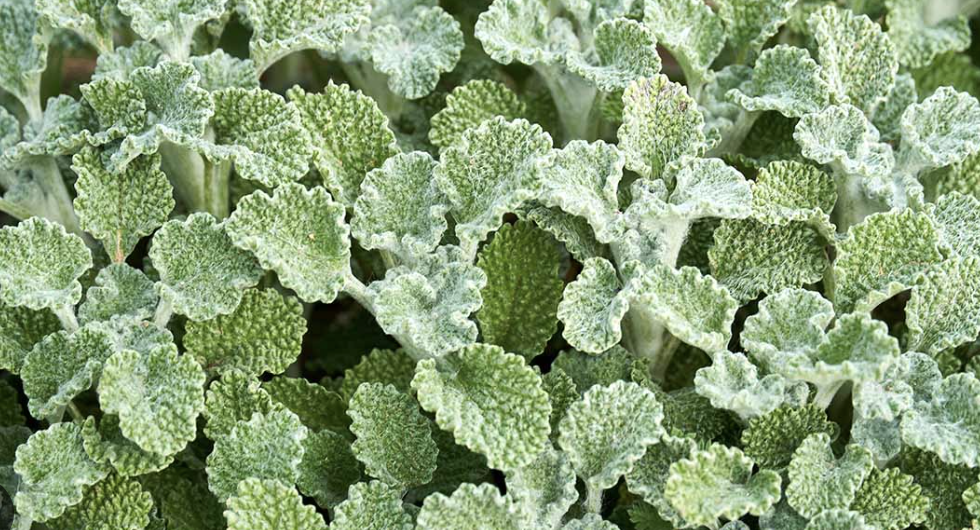
Horehound is a member of the mint family, and its leaves and flowers contain powerful compounds that can help ease allergy symptoms like coughing, sneezing, and congestion. The best way to use Horehound is to brew it as herbal tea.
Simply steep a handful of the dried herb in hot water for a few minutes, then strain and drink. You can drink Horehound tea as often as needed throughout the day to keep your allergy symptoms at bay. Some people also use Horehound tinctures, which are concentrated herb extracts that can be taken orally or added to food or drink.
④ Goldenrod
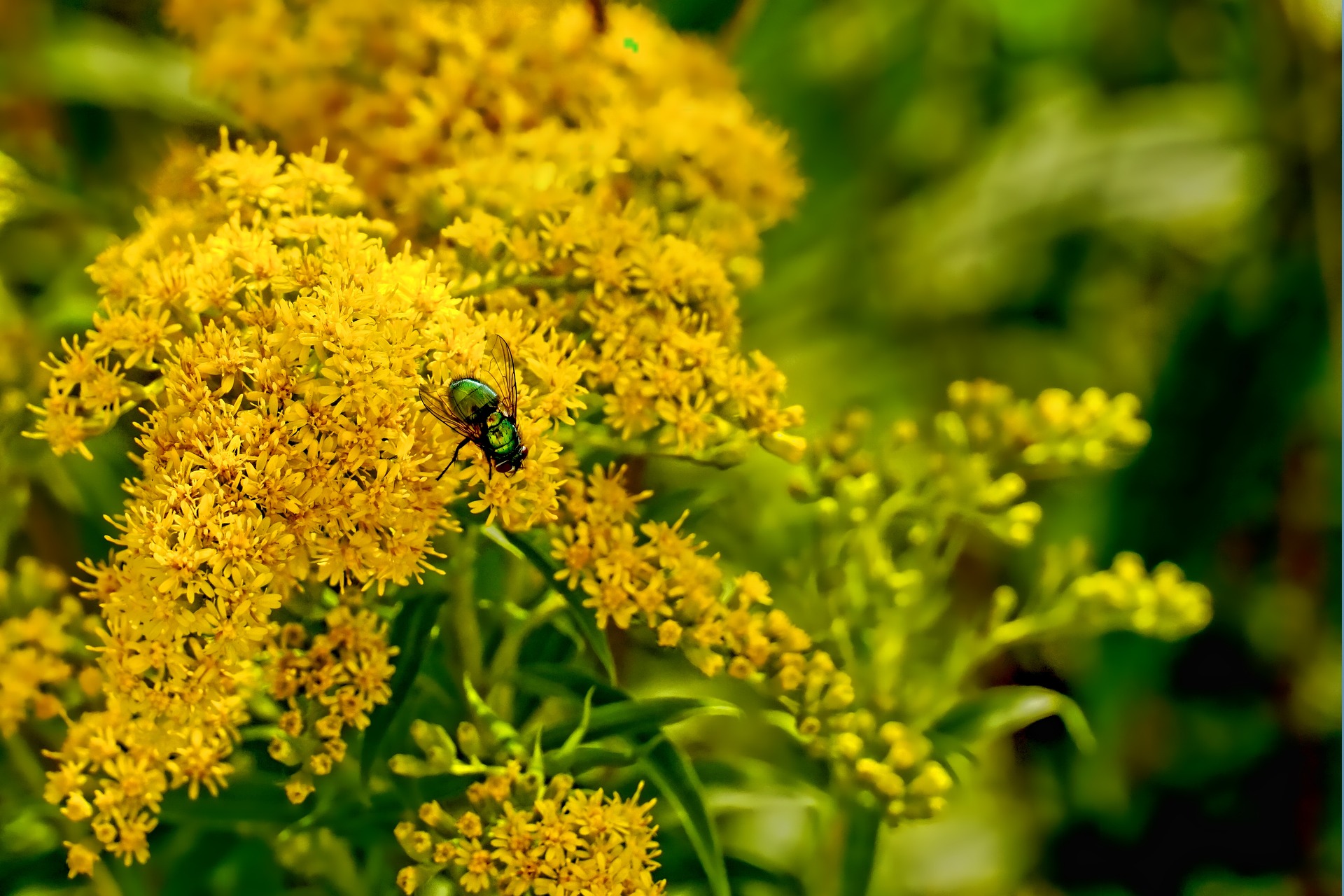
Goldenrod is a tall, bright flower that is often associated with autumn, as it blooms from around August to October. Despite its beauty, Goldenrod has gained a bit of a bad reputation due to some confusion with the similarly-named ragweed. Unlike ragweed, Goldenrod is not a significant source of airborne allergens. In fact, it’s actually a great natural remedy for allergies.
If you suffer from allergies, Goldenrod might just be your new best friend. This herb is known for its anti-inflammatory and antihistamine properties. You can use Goldenrod in many different ways to relieve your allergy symptoms.
One popular method is to make tea by steeping the dried leaves and flowers in hot water for 5-10 minutes. You can also find Goldenrod tinctures and capsules if you prefer a more concentrated dose.
⑤ Horseradish
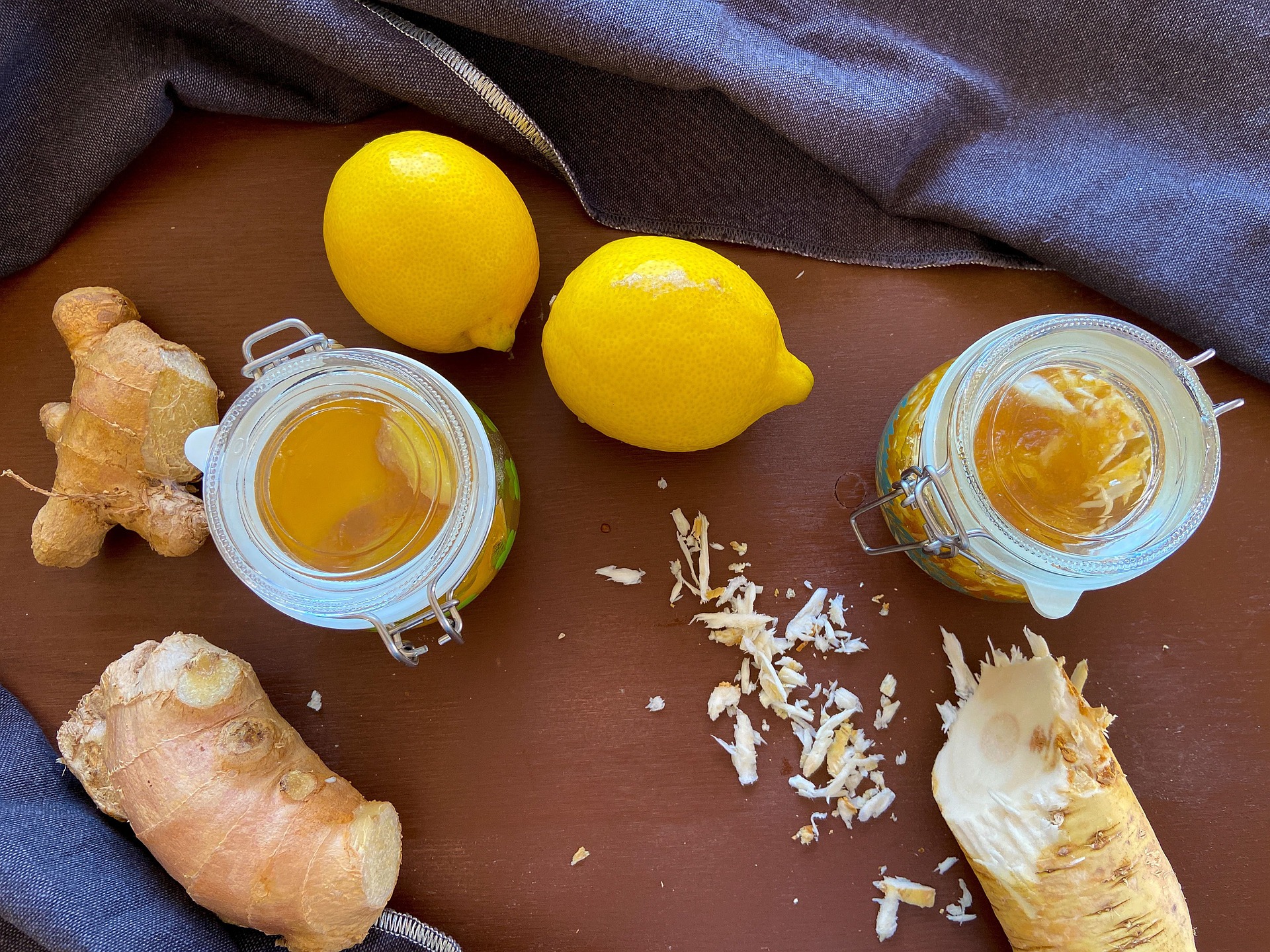
Horseradish is a plant in the same family as mustard and wasabi.Therefore, you know it’s got some kick to it. You can find horseradish in many forms, such as freshly grated or as a prepared sauce, making it easy to add some spice to your dishes.
Aside from its taste, horseradish has been used for allergy relief due to its natural antihistamine properties. Horseradish contains compounds that help to inhibit the production of these histamines, making it a great natural alternative to over-the-counter allergy medications. Try adding some prepared horseradish sauce to your meals, or make a tea with freshly grated horseradish root for a natural allergy relief solution.
However, like all things, moderation is key. Consuming large amounts of horseradish can cause digestive discomfort. Plus, it can even irritate your skin if you come into contact with it. So, while horseradish is a great herb to add some flavor and natural allergy relief to your life, make sure to use it in moderation and be cautious when handling it.
⑥ Mullein Leaf
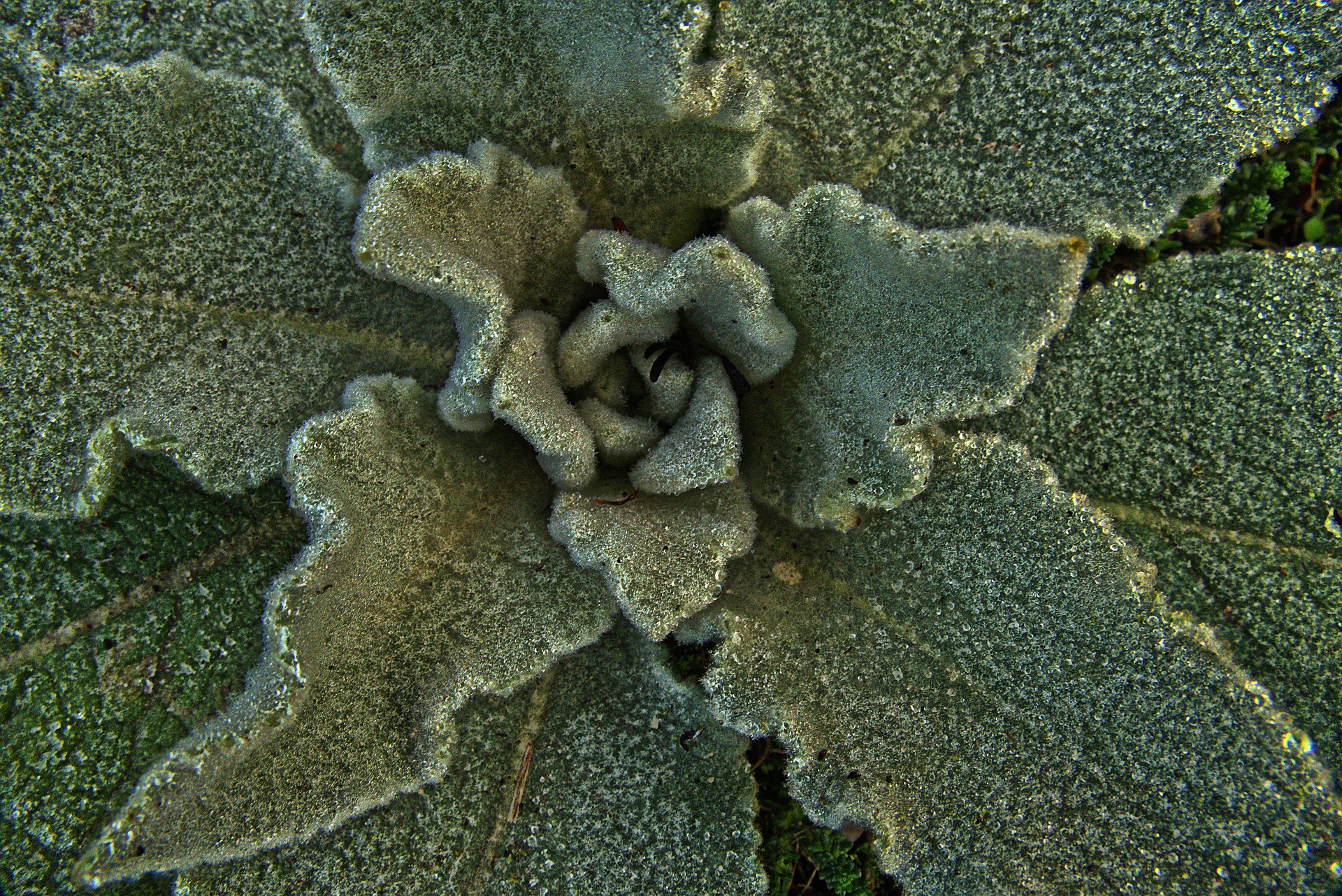
Mullein Leaf is a biennial plant that belongs to the figwort family and is easily recognizable due to its towering height that can reach up to 8 feet tall! Its leaves are fuzzy and soft to the touch and are usually harvested during the plant’s second year of growth.
Not only is it a popular herb for respiratory issues such as asthma and bronchitis, but it’s also commonly used for its anti-inflammatory properties, making it a great choice for those dealing with allergies.
While there are many ways to prepare Mullein Leaf, one popular allergy relief method is to make tea. Simply steep 1-2 teaspoons of dried Mullein Leaf in boiling water for 10-15 minutes. Then, drink up to three cups per day. Many people find relief from symptoms such as itchy eyes, runny noses, and sneezing when using Mullein Leaf.
It’s important to note that if you are pregnant or breastfeeding or if you have a pre-existing medical condition, it’s best to consult with your doctor before using any natural remedies.
⑦ Rosemary
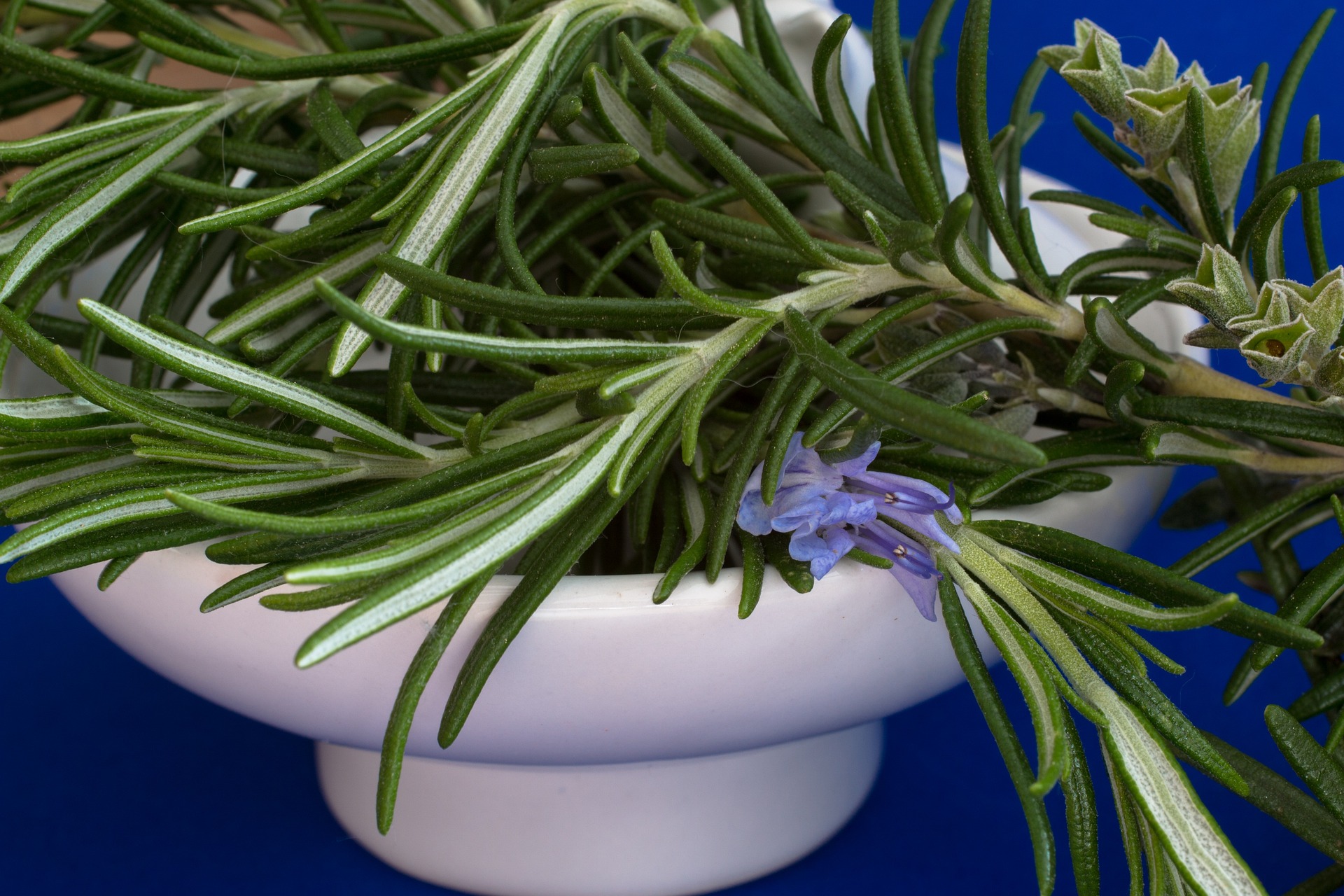
Rosemary is a fragrant evergreen herb that grows in many different parts of the world. It has an aromatic smell and a slightly bitter taste that can add fantastic flavor to your dishes. But did you know that it is also a natural antihistamine? That’s right! Rosemary contains rosmarinic acid. It can help reduce allergy symptoms by blocking the production of certain inflammatory cells in the body.
So how can you use rosemary for allergy relief? One simple way is to brew some rosemary tea. Just steep a handful of fresh or dried rosemary leaves in hot water for 5-10 minutes, strain, and sip away. You can also try making a rosemary steam bath by adding a few drops of rosemary essential oil to hot water and inhaling the steam.
Another option is to use rosemary essential oil in a diffuser to improve indoor air quality and reduce allergy symptoms.
Frequently Asked Questions
Q: What do seasonal allergies feel like?
Itchy and watery eyes, a stuffy or runny nose, and constant sneezing are the classic symptoms of seasonal allergies. But did you know that certain allergies can also make you feel fatigued, get headaches, or even experience shortness of breath? The human body is a complex system, and allergies can be a real challenge to deal with. So, if you’re feeling any of these symptoms, it might be time to consult a healthcare professional.
Q: Does allergic rhinitis need treatment?
Yes, allergic rhinitis is a condition that requires medical treatment. Allergic rhinitis can cause serious disruption to your daily life if left untreated. Therefore, it’s important to seek help from a healthcare professional if you are suffering from this condition. A healthcare professional will be able to assess your symptoms and recommend the best course of action for you. Plenty of natural remedies, such as the ones mentioned above, can help reduce your allergic reactions and make life a bit more bearable.
Q: Can I use green tea for allergies?
Yes, green tea is an excellent natural remedy for seasonal allergies. Green tea contains high levels of flavonoids which are known to reduce inflammation and help combat allergic reactions. To use green tea as a remedy, simply steep one teaspoon of dried green tea leaves in a cup of hot water for 5-10 minutes. Then strain, and drink up to three cups per day. Consult a healthcare professional if your allergy symptoms persist or worsen.
Q: Are herbal remedies also good for skin allergies?
Yes. Not only are herbal remedies great for hair and overall health, but they are also amazing when it comes to treating skin allergies. Plants like chamomile, lavender, and witch hazel are just some natural remedies that can help soothe and moisturize irritated skin.
Q: How can I make sure I’m using herbal remedies safely?
The best way to ensure you’re using herbal remedies safely is to consult a healthcare professional before trying any new treatment. Your doctor can help determine the best course of action for your allergies. Plus, they will provide valuable advice on taking the remedy correctly and in moderation. Additionally, make sure that you do your research and buy only trusted, high-quality products. This will ensure you get the best possible results from your natural remedies.
Final Words
Are herbs good for allergies? It’s safe to say that herbs are a great natural way to combat allergies. From butterbur to stinging nettle, these herbs hold a myriad of benefits that not only lessen the effects of allergies but also improve one’s overall health.
While reaching for over-the-counter medication immediately can be tempting, it’s worth considering the power of herbs. Plants have been used for medicinal purposes for centuries, and there’s a reason why people still turn to them today. So next time you’re dealing with a pesky case of allergies, try turning to some herbs and let nature work its magic!

